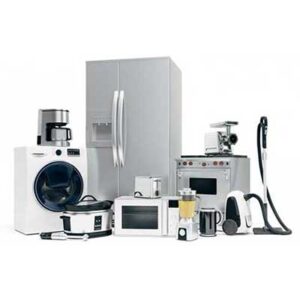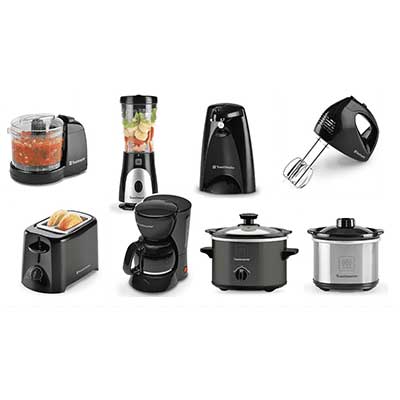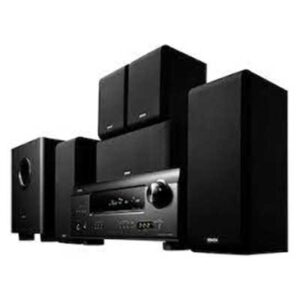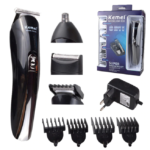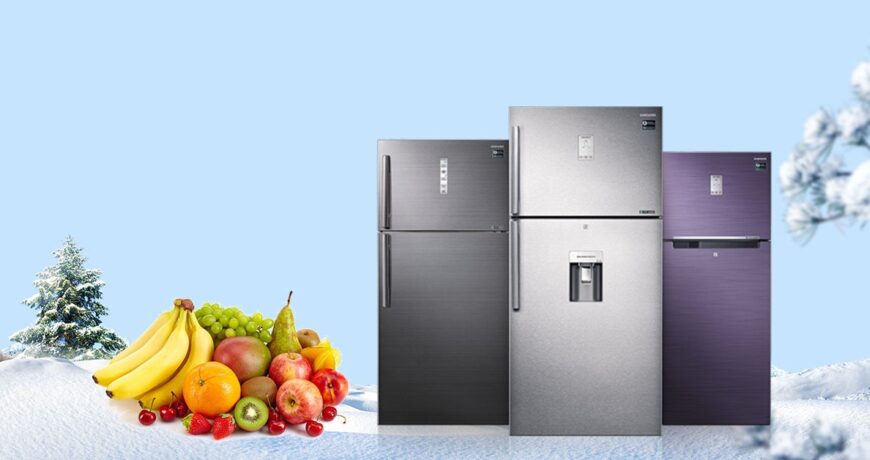Keeping it Cool: The Ultimate Guide to Refrigerator Maintenance and Organization
The kitchen’s unsung hero is the refrigerator, which silently operates in the corner to keep our food fresh and drinks cold. Although it’s simple to take this device for granted, a clean, well-maintained refrigerator can significantly improve our daily life. We’ll go into the best techniques for organizing and maintaining your refrigerator in this in-depth guide, so it stays effective, clean, and clutter-free.
Part 1: Maintenance
cleaning: Maintaining the optimal operation of your refrigerator requires routine cleaning. Take out every food item and shelf from the refrigerator to begin. Wipe off the internal surfaces, such as the walls, drawers, and shelves, with a solution of warm water and mild detergent. Any spills or stains should be closely observed as they may contain bacteria and smells.
Defrosting: It’s crucial to routinely defrost a refrigerator that uses a manual method to avoid ice accumulation. Switch off the fridge and let the ice melt on its own, or use a low-power hairdryer to hasten the process. After the ice has gone, use a fresh towel to dry up the interior and eliminate any remaining moisture.
Examining Seals: The door seals, sometimes referred to as gaskets, are essential to preserving the refrigerator’s internal temperature. Check the seals frequently for indications of deterioration or wear, including tears or cracks. To stop warm air from entering the refrigerators and cool air from escaping, replace the seals as soon as you discover any problems.
Checking Temperature: To make sure your refrigerator is keeping the ideal temperature, which is usually between 37- and 40 degrees Fahrenheit (3 and 4 degrees Celsius), use a refrigerator thermometer. If required, adjust the temperature settings, keeping in mind the amount of food kept in the refrigerators and the season.
Maintenance of Condenser Coils: The refrigerators function more effectively when heat is dispersed from the coils. Dust and other materials may build up on the coils over time, impairing their efficiency. To remove any accumulation from the coils without damaging them, use a vacuum cleaner attachment with a brush.
Part 2: Organization
Classifying Food: Organize your refrigerator into zones according to the kinds of food that are kept in each section. To avoid cross-contamination, keep fruits and vegetables in one area, dairy items together in another, and raw meats on the lowest shelf. It will be simpler to locate what you need and remember expiration dates with this straightforward organizing approach.
Making Use of Storage Containers: To keep smaller objects accessible and organized, get a set of clear storage containers. To make it easier for you to remember what’s inside, mark each container with the contents and the date of purchase. Stackable containers are particularly helpful for making the most of the refrigerator’s vertical capacity.
Making the Most of Shelf Space: Change the shelf heights to provide room for objects of various shapes and sizes. Taller objects, like pitchers and bottles, belong on the door shelves; jars and condiments, on the other hand, are better suited for the main shelves. To make spaces set aside for particular food kinds, such as leftovers or snacks, use bins or shelf dividers.
FIFO Method: Use the “first in, first out” (FIFO) approach to make sure that food is consumed before it goes bad. To keep the oldest contents easily accessible, arrange the newer products at the rear and the older items at the front of the refrigerators, rotating them as needed.
Regular Purging: Go through your Fridge regularly and get rid of any bad or outdated food. To get rid of any bacteria and residual smells, wipe out the shelves and drawers with a vinegar and water mixture. This little upkeep will retain the fresh, clean scent coming from your refrigerator.
You can extend the life of your refrigerator and make sure that your food stays fresher for longer by adhering to these refrigerator maintenance and organization suggestions. In addition to saving, you time and money, a clean and well-maintained refrigerator also makes your kitchen healthier and more productive. Thus, take the time to give your refrigerators the attention and care they need and benefit from having a clean, cold space.

